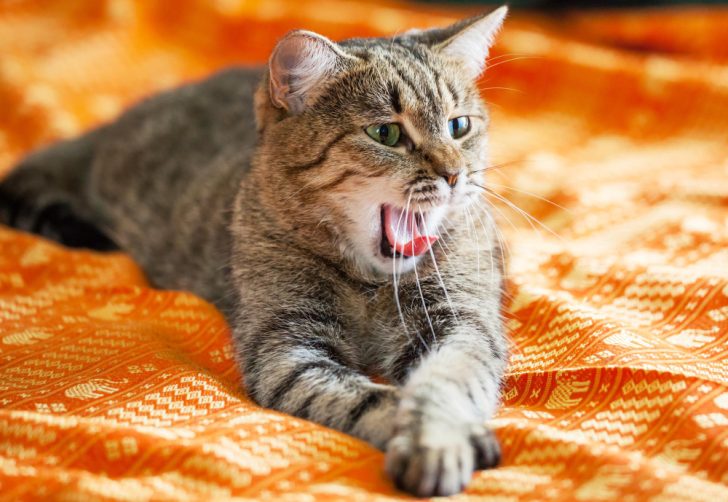New Study Reveals Why Some Cats Meow Louder and More Than Others
Some cats hardly make a sound, and others won’t stop meowing. If you have ever wondered why your cat meows like it is narrating a podcast, science may finally have an answer. A study from Kyoto University found that vocal behavior in cats is not because of mood or hunger. It might be written in their genes.
The study tracked 280 spayed or neutered cats in Japan. Scientists found that cats with a shorter version of the androgen receptor gene on the X chromosome were more likely to meow, especially when hungry. These cats also tended to act bolder and were even more demanding.
For female cats, the same gene was linked to higher aggression toward strangers. It is not just that they are louder. They also come with a sharper attitude. This mix of vocal assertiveness and bold behavior seems to give them an edge when competing for attention or resources.
Cats with longer AR gene variants were generally quieter. These cats were more laid-back and less likely to meow constantly. Long gene repeats were found more often in calm, pedigree breeds known for gentle behavior.
These longer variants were more common in breeds like Persians and Ragdolls. It helps explain why some cats are easier to live with. Genetics may have muted their volume!
However, the loud-gene variant wasn’t just found in house pets. Wild species like lynxes also carry the short AR gene. That surprised researchers who expected domestication to filter out noisy traits. Instead, it seems cats kept some of their wilder communication tools.
In urban areas, being louder may actually help cats. Meowing can attract human help or attention, which boosts survival. So, that chatty gene may have stuck around because it worked in both wild and tame environments.
Your Cat’s Meow Is Shaped by Evolution

Freepik / Scientists believe cats developed meows to manipulate humans better. They have essentially evolved a voice humans find harder to ignore.
Domestic cats don’t just meow more. They do it differently. Their vocal tone has shifted over time. Studies show that house cats use higher-pitched, more pleasant sounds compared to the urgent, rougher calls of wild cats.
If you have ever met a Siamese, you already know. Some breeds are more talkative by design. Siamese cats, for example, are famously vocal and expressive. The study says that short AR genes show up more often in these high-volume breeds.
Other breeds like the Oriental Shorthair and Tonkinese also come with vocal reputations. These cats meow more and use it to communicate in surprisingly complex ways.
The same gene that makes some cats more vocal also seems tied to aggression, especially in females. This could be because both traits help cats compete for attention or defend space.
However, in places with lots of humans, being louder can help cats get what they need. Food, shelter, and even rescue often depend on being noticed. So, cats with shorter AR genes might thrive better in cities.
These cats are more likely to approach strangers or cry for help. Their genetics give them a louder toolset to work with. That doesn’t always mean they are friendly, but they know how to get your attention.